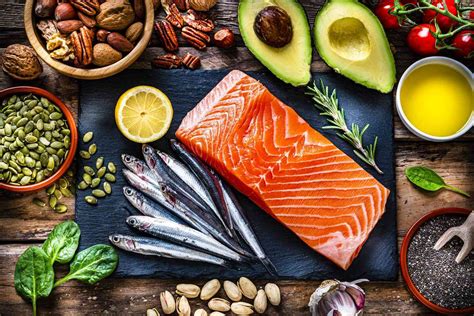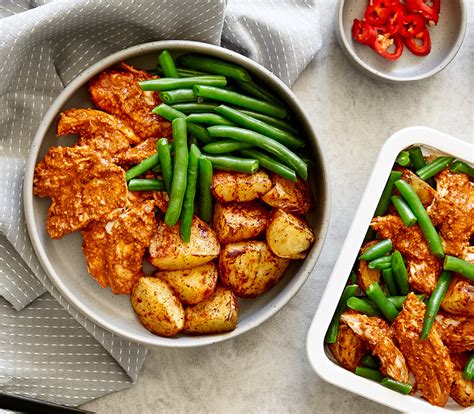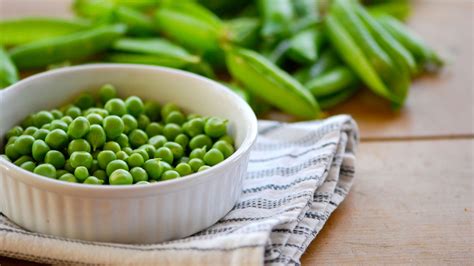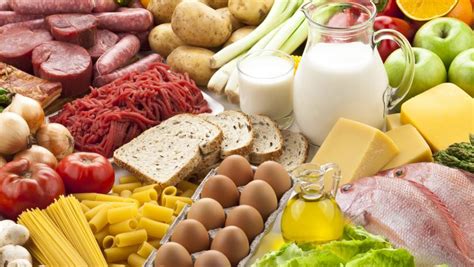Diet for natural testosterone boost and sustained energy without crashes?

In the quest for optimal well-being, many men seek ways to naturally boost testosterone levels and maintain consistent energy without the disruptive highs and lows. While supplements promise quick fixes, the most sustainable and effective path lies in a thoughtful approach to nutrition. A diet focused on whole, nutrient-dense foods can be a powerful ally in regulating hormone balance and fueling your body for peak performance.
The Testosterone-Boosting Power of Specific Nutrients
Testosterone, a crucial hormone for muscle growth, libido, mood, and energy, is profoundly influenced by what you eat. Certain vitamins and minerals play a direct role in its production. Zinc, for instance, is vital; deficiencies can lead to reduced testosterone levels. Foods rich in zinc include oysters, red meat, poultry, beans, nuts, and dairy products. Vitamin D, often called the “sunshine vitamin,” is another key player. Research indicates a strong correlation between adequate Vitamin D levels and healthy testosterone. Fatty fish like salmon, tuna, and mackerel, as well as fortified milk and egg yolks, are excellent dietary sources.

Healthy fats are also non-negotiable. Contrary to outdated advice, dietary cholesterol and healthy fats (monounsaturated and polyunsaturated) are precursors to hormone production, including testosterone. Incorporate sources like avocados, olive oil, nuts, seeds, and fatty fish into your daily meals. Saturated fats from quality sources like grass-fed meat can also play a role, but moderation is key.
Fueling for Sustained Energy: Beyond Simple Carbs
To avoid energy crashes, the focus shifts from quick-fix sugars to complex carbohydrates, lean proteins, and healthy fats. Complex carbohydrates, found in whole grains, sweet potatoes, legumes, and vegetables, provide a slow and steady release of glucose into the bloodstream, offering prolonged energy. Unlike refined sugars or white bread, these foods prevent the rapid spike and subsequent crash in blood sugar.
Protein is essential for satiety and muscle repair, but it also helps stabilize blood sugar when consumed alongside carbohydrates. Opt for lean sources such as chicken breast, turkey, fish, eggs, and plant-based options like lentils and chickpeas. These proteins contribute to a feeling of fullness and prevent overeating, which can lead to sluggishness.

Healthy fats, while crucial for testosterone, also contribute to sustained energy. They are a dense source of calories that are metabolized slowly, providing a long-lasting fuel source. This synergy of complex carbs, lean protein, and healthy fats creates a metabolic environment that supports both hormone health and steady energy levels.
Foods to Embrace for Optimal Results
- Lean Proteins: Grass-fed beef, chicken, turkey, salmon, tuna, eggs.
- Healthy Fats: Avocados, olive oil, coconut oil, nuts (almonds, walnuts), seeds (chia, flax), fatty fish.
- Complex Carbohydrates: Oats, quinoa, brown rice, sweet potatoes, whole-wheat bread, legumes, fruits.
- Zinc-Rich Foods: Oysters, red meat, pumpkin seeds, spinach.
- Vitamin D Sources: Fatty fish, egg yolks, fortified dairy.
- Cruciferous Vegetables: Broccoli, cauliflower, cabbage, kale (may help manage estrogen levels).

What to Avoid: Saboteurs of Testosterone and Energy
Just as important as what to eat is what to limit or avoid. Excessive consumption of refined sugars and high-fructose corn syrup can lead to insulin resistance, inflammation, and lower testosterone. Processed foods, often high in unhealthy fats, sodium, and artificial ingredients, offer little nutritional value and can disrupt hormonal balance and energy metabolism.
Trans fats, found in many fried and packaged foods, are particularly detrimental to heart health and can negatively impact testosterone production. Similarly, excessive alcohol consumption can suppress testosterone and interfere with sleep, directly affecting energy levels. Focusing on whole, unprocessed foods naturally eliminates many of these culprits.

Hydration and Meal Timing: The Unsung Heroes
Don’t underestimate the power of proper hydration. Dehydration can lead to fatigue and impair various bodily functions, including hormone regulation. Aim for at least 8 glasses of water daily, more if you’re active. Furthermore, distributing your meals and snacks throughout the day, rather than relying on a few large meals, helps maintain stable blood sugar and energy levels. Balanced macronutrient meals (protein, fat, complex carbs) every 3-4 hours can prevent energy dips and support metabolic health.

Conclusion
Achieving a natural testosterone boost and sustained energy isn’t about restrictive fad diets; it’s about cultivating a balanced, nutrient-rich eating pattern. By prioritizing whole foods—lean proteins, healthy fats, and complex carbohydrates—and minimizing processed items, refined sugars, and unhealthy fats, you empower your body to optimize hormone production and maintain consistent vitality. Embrace these dietary principles as a cornerstone of your long-term health and well-being.









